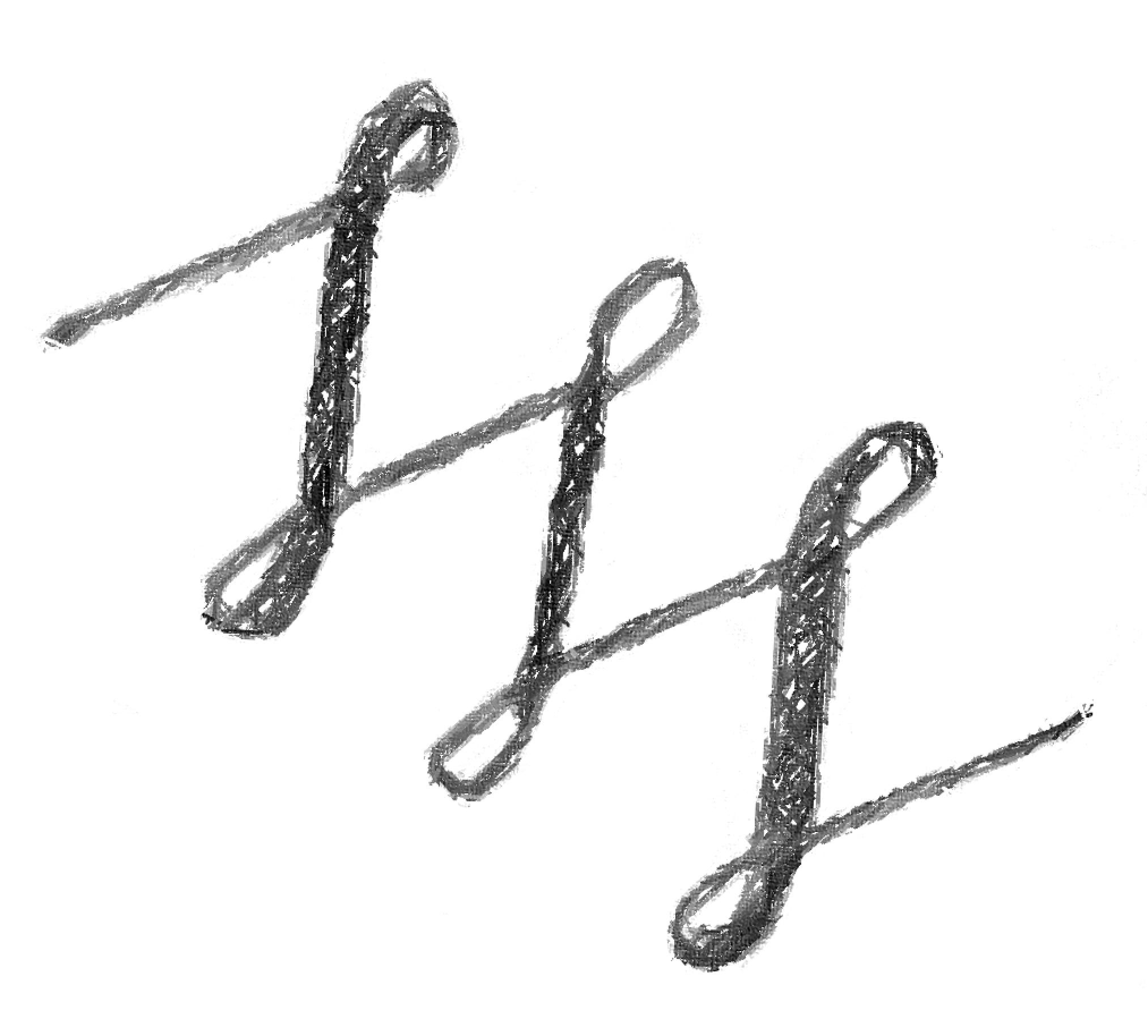Hi all,
Thank you for joining me for today’s song, “Antipatriarcha”, by Ana Tijoux, on her 2014 album, “Vengo”. If you’d like to hear the song before you read about it, I’ve included a YouTube video below the article. For Japanese students, vocabulary words in bold are provided in Japanese below. TOEFL (PBT) 450+, Eiken 2, CEFR B1.
Building vocabulary and thinking about society
(561 words)
Today’s song is by Ana Tijoux. Ana is a Chilean who was born in France. She has been singing and creating music in Latin America since the 1990s and has received awards for her albums. Tijoux’s parents are Chilean. They had to leave Chile and go to France during Augusto Pinochet’s dictatorship in Chile (1).
For language learners, today’s article will be slightly different from what we usually do. There might be many words in the song that are new to you, so let’s take a look at them first.
The song is about the position of women in society. What kinds of things do you imagine the lyrics will say? Well, there might be something about women being kept in a lower-class status. There might be something about women fighting for their rights. There might also be signs of hope for the future. All of these ideas are here in the song.
Lower-class position:
Obey - a person obeys someone who has more power than they do by doing what the powerful person tells them to do. The person is obedient or submissive (submit - v.). If not, the person who has power might yell or scream at the weaker person or humiliate them by saying things to hurt the weaker one’s self-respect. To denigrate someone is to criticize unfairly. Women want to stop feeling oppressed, in other words, not be treated harshly, severely.
I can be your sister, your daughter, Tamara, Pamela, or Valentina
I can be your good friend, even your life partner
I can be your great ally, the one who advises and the one who manages
I can be anything at all, it depends how you call me
But I won't be the one who obeys, because my body belongs to me
I decide on my time, how I want and where I want
Independent I was born, independent I decided
I don't walk behind you, I walk alongside you
You are not going to humiliate me, you are not going to yell at me
You are not going to put me down (make me submit), you are not going to hit me
You are not going to denigrate me, you are not going to force me
You won't silence me, you won't shut me up
Not submissive nor obedient
Fighting for their rights:
Women want to be free, liberated or emancipated. They want people to stop not caring (feeling indifferent) about their situation. Women want to change the system by which men have control over women. This is called a patriarchal system. Anti-patriarchal mean to be against this.
Strong rebel woman / Independent and brave
Break the chains of indifference / Not passive nor oppressed
Beautiful woman who gives life / Emancipated in autonomy
Antipatriarch and joy / Liberate
Toward the future:
Women can be anything they want. They can be intellectual (someone who thinks deeply), a protagonist who is the main character in a story, or someone who awakens (wakes people up) or incites (encourages) so that others can achieve their goals, too.
I can be head of the household, worker, or intellectual
I can be the protagonist of our story and the one who incites
The people, the community, the one who awakens the neighborhood
The one who organizes the economy of her house, of her family
Beautiful woman, she stands up
And breaks the chains of skin
Question
What words were new to you in this song?
What do you think the last line means?
Vocabulary
lower-class 下層階級
obey 従う / obedient 従順な
submissive 従順な
submit - v. 従う
yell 悲鳴
humiliate 屈辱を与える
denigrate 非難する
oppressed 抑圧された
ally 味方
liberate/emancipate 解放する
indifferent 無関心
patriarchal 家父長制的な
intellectual 知的
protagonist 主人公
awaken 目覚める
incite 煽る
Source
Wikimedia Foundation. (2024, April 30). Ana Tijoux. Wikipedia. https://en.wikipedia.org/wiki/Ana_Tijoux. Accessed 14 May 2024.
Read more about the dictatorship under General Pinochet in Chile:













